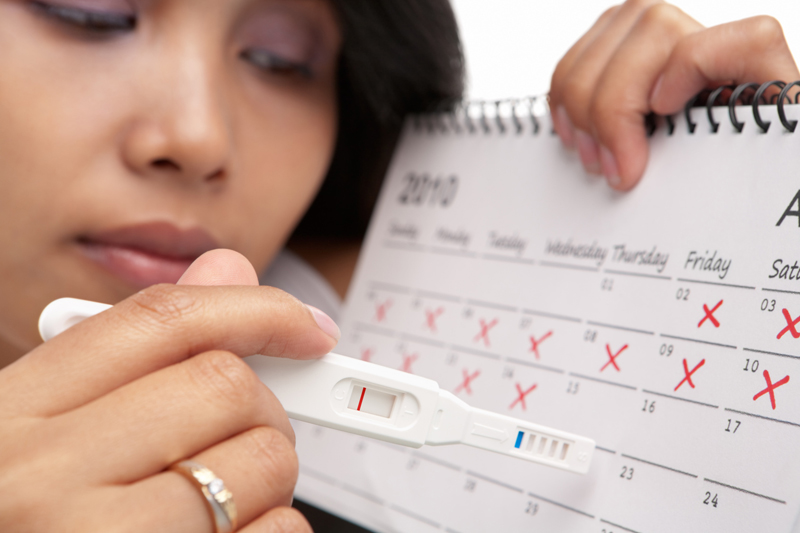Unless a woman is sexually inactive, missing out a period or menstrual cycle can be pretty alarming. A woman actively engaged in sex with her partner may have suspicions of being pregnant when she fails to have her monthly period. However, other factors may actually affect late periods.

- Calculation Slip-ups
Generally, women have a 28-day ovulation period, but this may not be true with other women. Women with irregular periods must be stricter in observing their ovulation. The best way is to track period two weeks after ovulation.
- Overweight and Underweight Issues
Being overweight alone can make hormonal changes within a woman’s body. Trimming weight may get you back right on track of regular periods. On the other hand, being underweight means you do not have enough fats; thus your loss or missing out a period. Gaining weight is just the right solution you need to get your menses back.
- Stress
Stress is one of the major factors that can affect menstrual periods. Generally speaking, it greatly affects the overall body system of a person; hence, it will greatly help your well-being to find yourself time to relax. Note, however, that it may take months before your ovulation gets right back on its regular track.
- Malady or illness
A temporary and long-term illness can cause you late periods. However, if you had a temporary health condition, all must be well as you restore back your health. If you still experience late periods, talk to your physician about it.
- Finally… Pregnancy!
As introduced, pregnant women stop having their periods. Just to make sure, buy yourself a PT (pregnancy test) just to make sure if you truly are pregnant.

